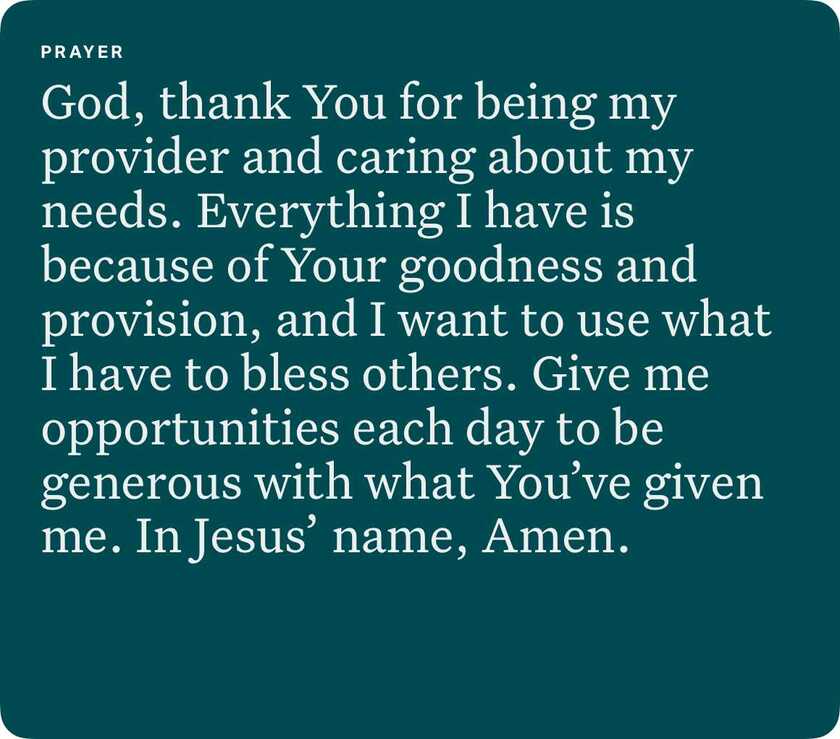I will share about Christian books I have read or listened to.
I will be sharing about my life before and after Christ. I will include stories about my pet and other pets I have encountered.
Unity Beyond Uniformity
Can you imagine living in a house with a cracked foundation? Over time, the walls will begin to cave in, and the ceiling could buckle or split in two.
It might not happen right away, but eventually, everything slowly falls apart. In Mark 3:25, Jesus vividly portrays the impact of division…
"If a kingdom is divided against itself, that kingdom cannot stand. And if a house is divided against itself, that house cannot stand."
Jesus wasn't merely discussing political entities or physical homes. He was teaching a powerful principle applicable to every area of life: where there is unity, there is strength. But when division seeps into a social structure—a family, a community, a neighborhood, a workplace, or a church—it weakens.
Division often feels inevitable, but Christians are called to examine our lives to see how we can be agents of unity. But not uniformity—unity doesn't demand that we all sound and act the same, but it does mean we should strive for harmony amidst diversity.
So, consider this: How can you begin to foster unity in the spaces and relationships God has placed you in? It could be overlooking a minor offense (Proverbs 19:11), listening with understanding to someone with differing viewpoints (Philippians 2:3-4), redirecting a conversation rooted in gossip (Proverbs 20:19), or apologizing for a hasty response (James 5:16). Every day you have a choice to pursue unity. So, how is God calling you to foster the spirit of unity today?
A Life of Generosity
As Jesus was teaching people, there was a group of leaders who were not always the best role models. When these people helped others, they would boast about it and tell everybody the good deeds they did. They made sure to flaunt their good works publicly for everyone to notice them.
Jesus’ teaching in Matthew 6:3 is directly related to what these leaders were doing. Jesus says that when we give to those in need, we shouldn’t let our left hand know what our right hand is doing. Essentially, our goal in giving to others should not be recognition.
Jesus’ teaching is about the condition of our heart. If we’re giving to others for the sake of being recognized for doing good, then we’re not helping people with the right motives. This should not stop us from giving to others, but it should guide our motives for doing so.
When we help others, we should do so primarily for their benefit—not our own. This means there’s no need to broadcast it. Instead, we should have ...















